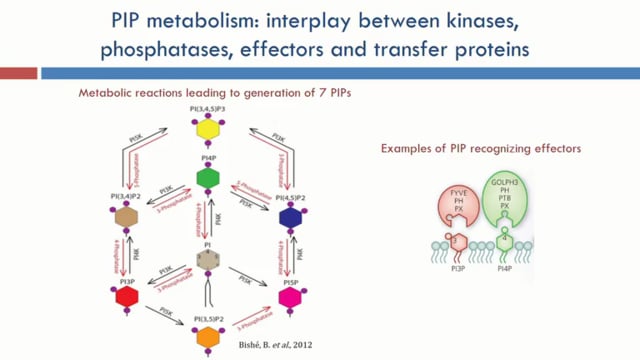Last Updated: 29/01/2025
Lipid transfer proteins– study of molecular mechanisms and their potential as targets in treatment of selected human diseases
Objectives
This project aims to investigate the molecular mechanisms of selected lipid-transfer proteins and the possibilities of their use as targets for the treatment of human diseases caused by microorganisms and parasites.
This project will focus on two types of diseases: those caused by yeast and fungi, and malaria caused by the protozoan Plasmodium falciparum. The absence of phosphatidylinositol transfer protein (PITP) Pdr16 causes an increase in the susceptibility of yeast microorganisms to clinically used antifungals. To understand why, the project will investigate in a model organism, the yeast Saccharomyces cerevisiae, the physiological role and molecular mechanism of action of the Pdr16 protein and its closely related Pdr17 protein. In P. falciparum, two PITPs with the CRAL-TRIO structural domain will be studied that these proteins share with S. cerevisiae Sec14p. The study will take advantage of the knowledge that Sec14p can be inhibited by molecules, some of which are under clinical investigation as potential antifungals.
Jan 2023 — Dec 2026
$66,249


